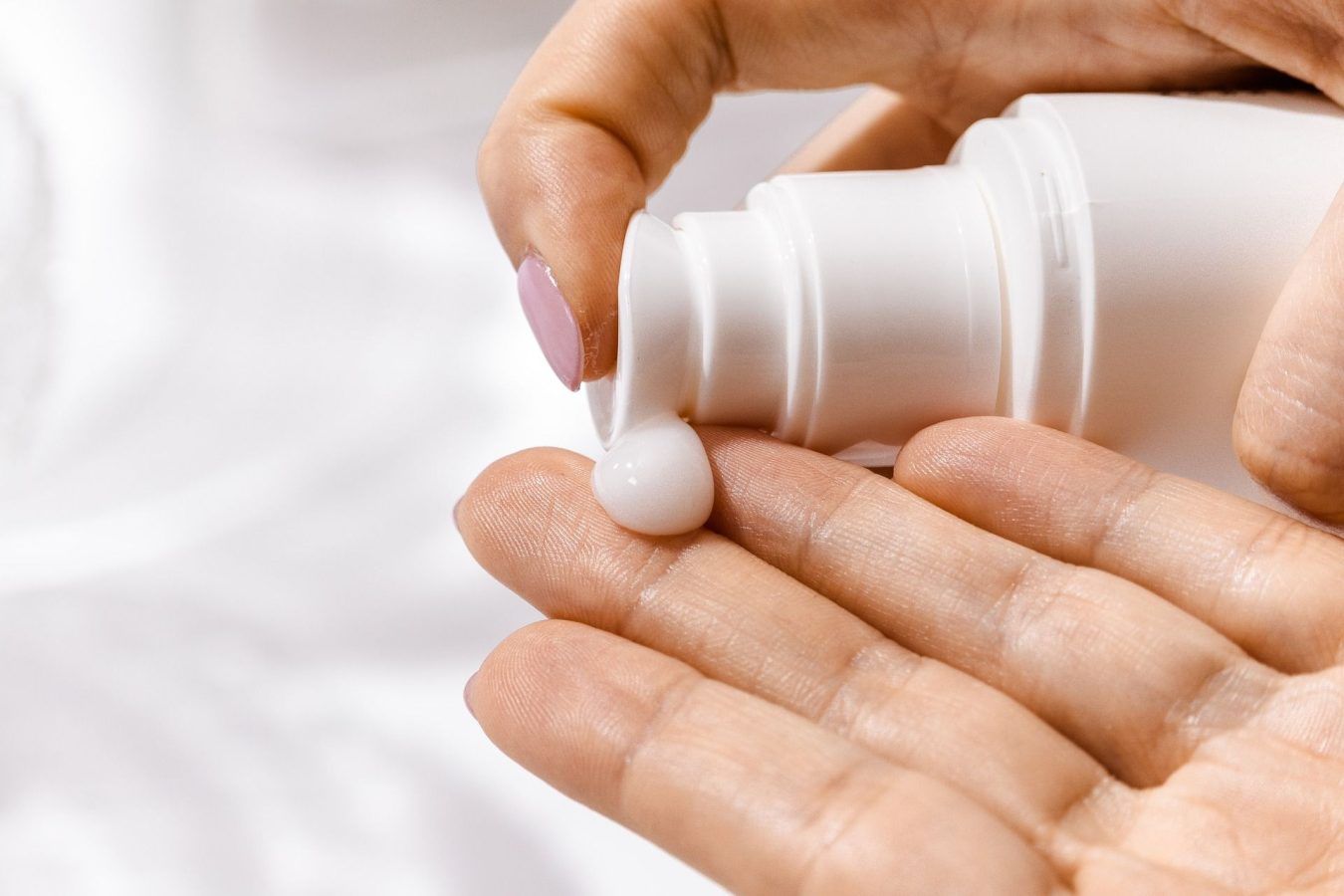When it comes to skincare, we always talk about tailoring routines to our skin type. Oily skin with excess sebum production is a whole different ball game, especially when it comes to nighttime moisturising. Many with oily skin would hesitate to use a night cream thinking it will make their skin worse. However, using nighttime moisturising in your oily skin care routine can be beneficial. Let’s look at the benefits, the pitfalls and the how-to’s of this.
Before we get into nighttime moisturising, let’s first understand what oily skin is — it is characterised by excess sebum production, the skin’s natural oil. This leads to a shiny appearance, enlarged pores, acne and blackheads. But oily skin has its perks – slower ageing and a natural glow – if managed properly.
Oily skin care: The importance of nighttime moisturising
Balancing hydration
One of the main reasons to moisturise oily skin at night is to keep hydration in balance. Oily skin can still be dehydrated, especially if you use harsh cleansers or acne treatments. Dehydration can cause even more oil to be produced as the skin compensates for the lack of moisture. A lightweight, non-comedogenic moisturiser can keep hydration in balance without adding to the oiliness.
Repair and regeneration
Nighttime is when the skin repairs itself. While you sleep your skin cells regenerate and repair the damage from the day. A nighttime moisturiser can support this process by providing the nutrients and hydration your skin needs to heal and not lose moisture.
Regulating oil production
Many think applying moisturiser to oily skin will make it oilier. But using the right moisturiser can control oil. When your skin is hydrated it won’t overcompensate by producing more oil. A good night cream can balance sebum levels resulting in healthier skin.
Choosing the right nighttime moisturiser
When it comes to oily skin, choosing the right nighttime moisturiser is key. Here are some things to consider:
Non-comedogenic formulas: Go for moisturisers that are labelled as “non-comedogenic” so they don’t clog pores. Hyaluronic acid, glycerin and squalane are great for hydration without breakouts.
Lightweight textures: Gel or water-based moisturisers are usually best for oily skin. These provide hydration without feeling heavy or greasy. Look for “oil-free” or “matte finish” on the product label.
Add active ingredients: Niacinamide, salicylic acid and retinoids are great for oily skin. Niacinamide regulates oil production and improves skin texture, salicylic acid penetrates pores to reduce acne and retinoids promote cell turnover for acne and anti-ageing.
Avoid heavy oils and butters: Steer clear of moisturisers with heavy oils or butters like shea butter or coconut oil as these can make oiliness worse and lead to breakouts.
Incorporating nighttime moisturising into your oily skin care routine
Cleanse
Start with a gentle oil-free cleanser to remove impurities and excess oil from the day. This will help your skin absorb your nighttime moisturiser better.
Toner (Optional)
If you use a toner, apply it after cleansing. Look for a toner that is alcohol-free and for oily skin to balance your skin’s pH and tighten pores.
Treatment
If you use serums or treatments, apply them before moisturising. Make sure these are for oily skin so you don’t overload your skin with too many products.
Moisturise
Use a pea-sized amount of your nighttime moisturiser. Massage it using upward strokes, focusing on dry or tight areas.
Don’t overdo it
More is not better. Too much moisturiser can make your skin feel oily and work against what you’re trying to do. Use a small amount and adjust as needed.
Common misconceptions and myths
“Moisturiser will make my skin oily”: As discussed, the right moisturiser can actually help control oil production. The key is choosing a product that suits your skin type and concerns.
“Oily skin doesn’t need moisturiser”: Even oily skin needs hydration. Skipping moisturiser can lead to imbalanced skin, which might worsen oiliness and lead to other skin issues.
“All moisturisers are the same”: Not all moisturisers are created equal. Selecting a product specifically formulated for oily or acne-prone skin is essential to avoid unwanted side effects.
Nighttime moisturising isn’t just for oily skin, it’s part of a complete skincare routine. By choosing the right products and applying them right, oily skin can have balanced and hydrated skin. Nighttime moisturising can help regulate oil production, support skin’s natural repair and ultimately lead to healthier and stronger skin. So if you’ve been avoiding night creams because of oiliness, maybe it’s time to rethink and try a customised nighttime skincare routine.
(Hero Image: Courtesy Pixabay; Featured Image: Courtesy Shiny Diamond/Pexels)
We may earn an affiliate commission when you shop through links on our site.
Prices of the products mentioned are subject to change.
Frequently Asked Questions (FAQs)
For oily skin, a balanced routine involves using a gentle, oil-free cleanser to start, followed by a toner with ingredients like salicylic acid or witch hazel. Incorporate a lightweight, oil-free serum with hydrating properties such as hyaluronic acid or niacinamide, and finish with a gel-based moisturiser and an oil-free sunscreen during the day. In the evening, repeat the cleansing and toning steps, apply any targeted treatments or serums, and use a non-oily night cream.
To achieve glowing skin with an oily face, regularly exfoliate to remove dead skin cells and improve radiance. Hydrate with oil-free moisturisers and serums containing brightening ingredients like vitamin C or niacinamide. Maintain a healthy diet rich in antioxidants, ensure adequate sleep, and avoid overly harsh products that can disrupt your skin’s natural balance.
Layering skincare for oily skin should start with a clean face, followed by a toner to balance pH. Apply a lightweight serum to address specific concerns, then use a thin layer of oil-free or gel-based moisturiser. Complete the routine with an oil-free sunscreen in the morning to protect your skin from UV damage.
At night, cleanse your face thoroughly, apply a toner to prep your skin, and use a targeted treatment or serum for issues like acne or oil control. Follow up with a lightweight, non-comedogenic moisturiser to maintain hydration. If necessary, apply spot treatments directly on blemishes.





